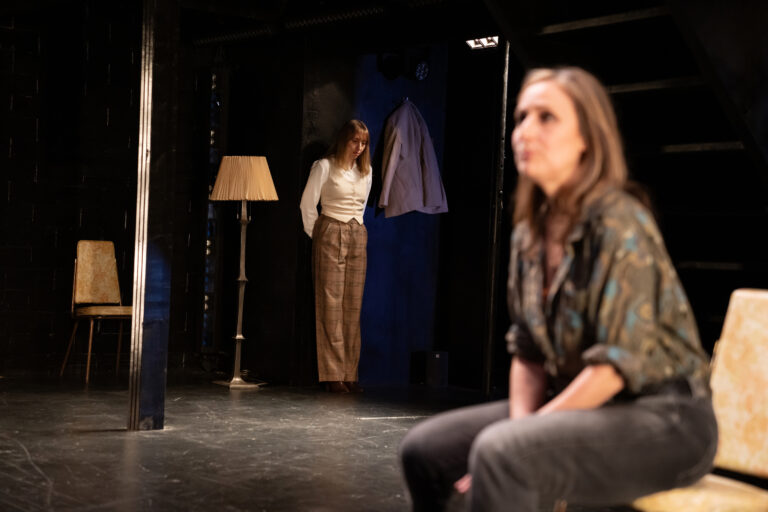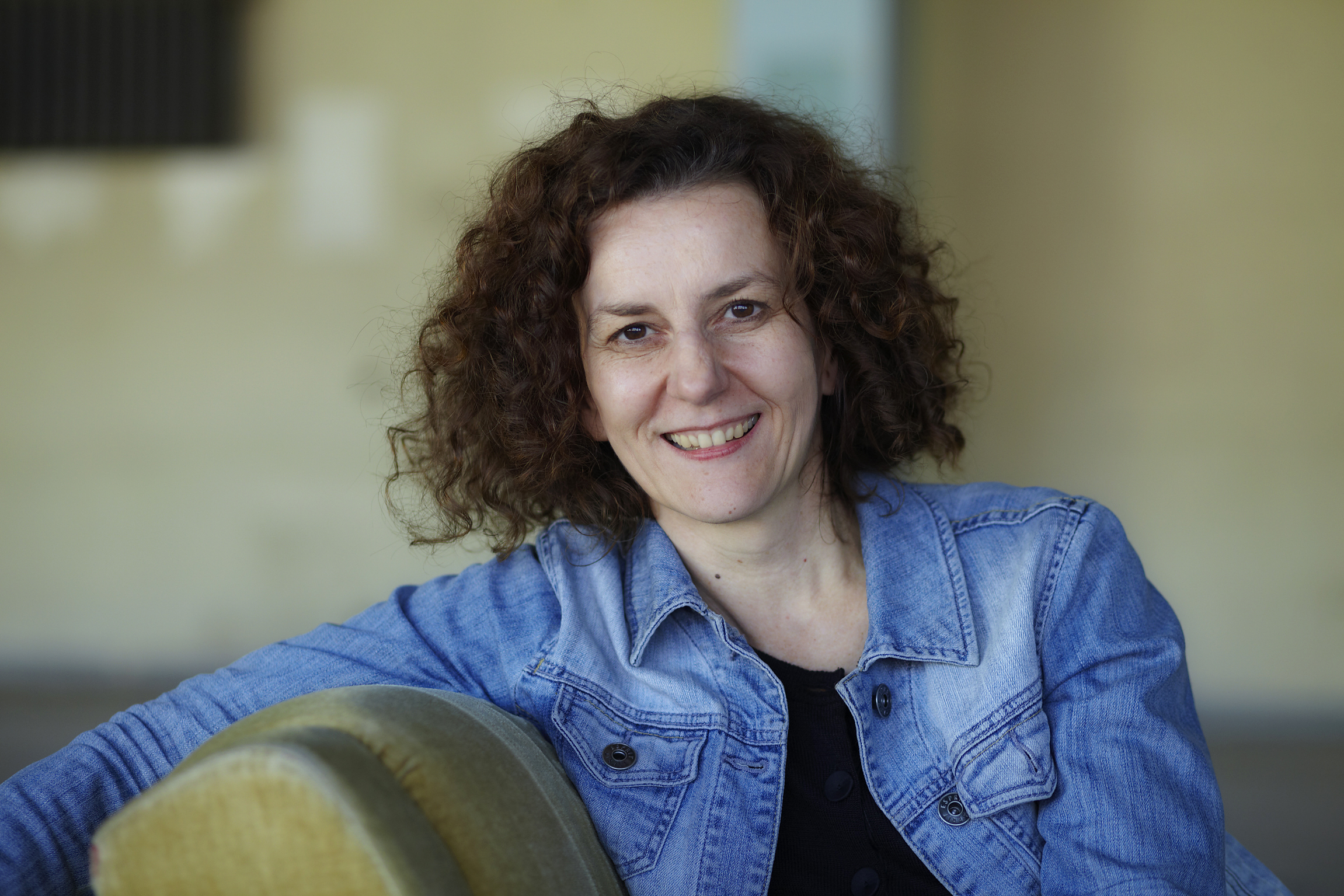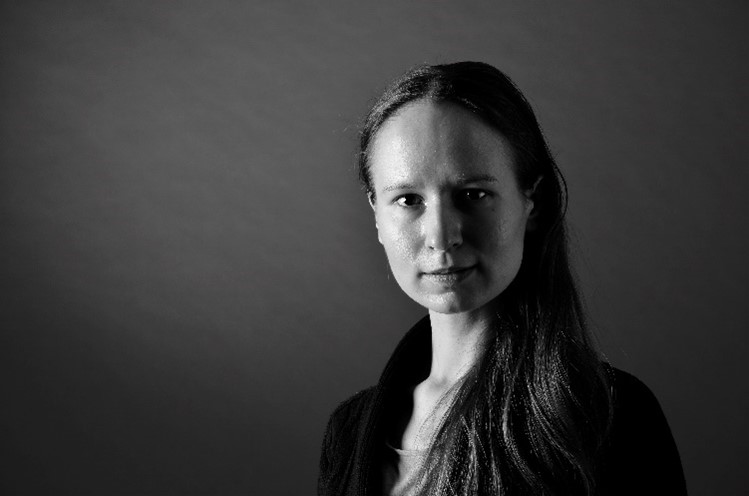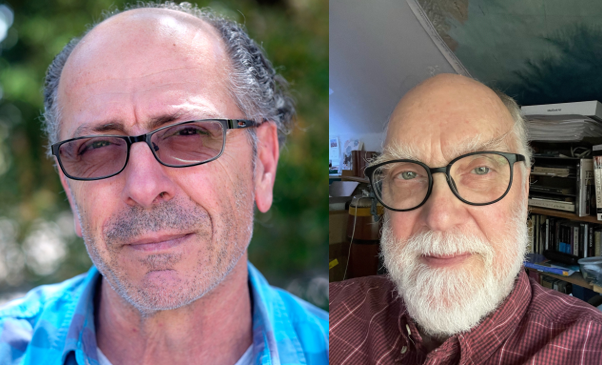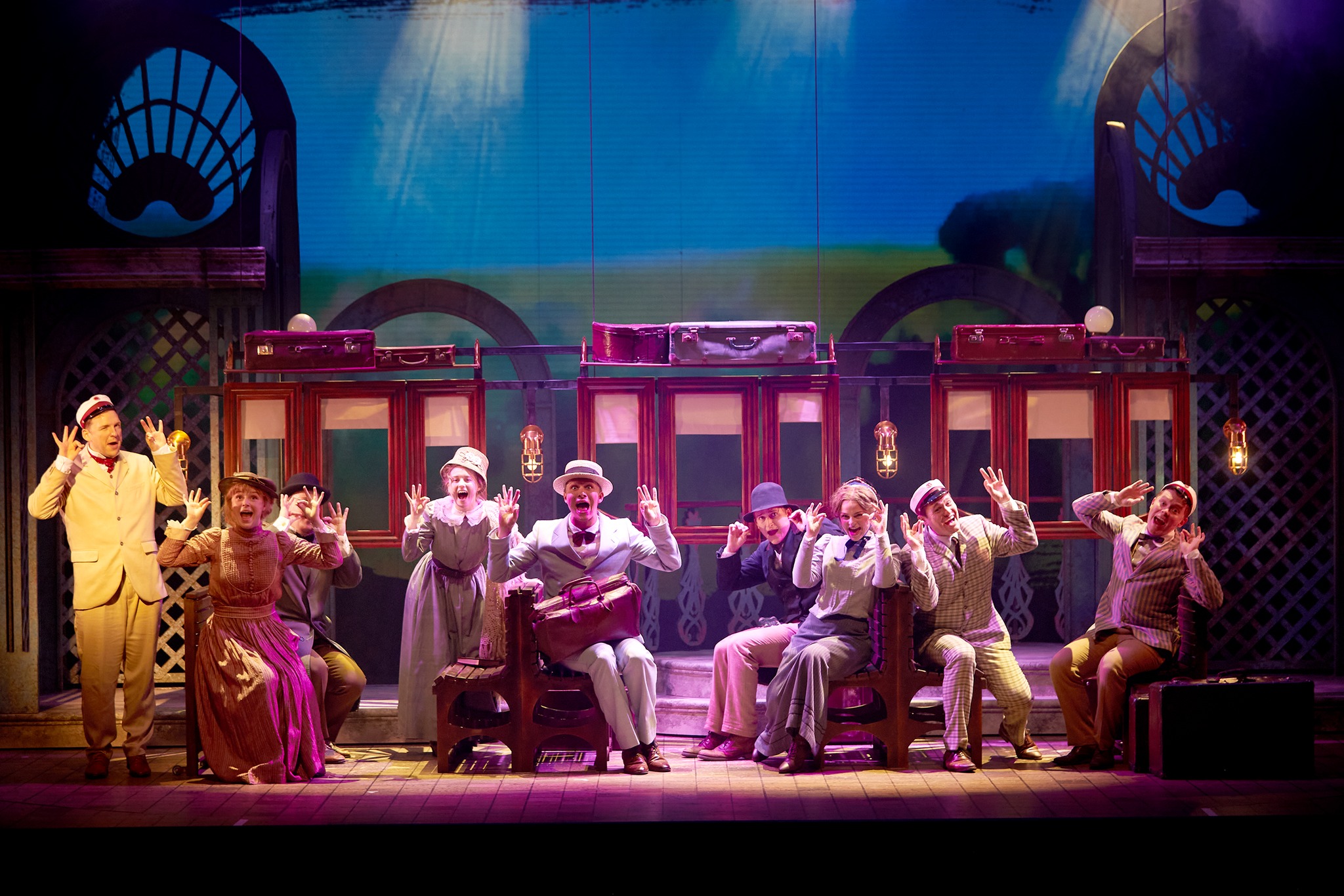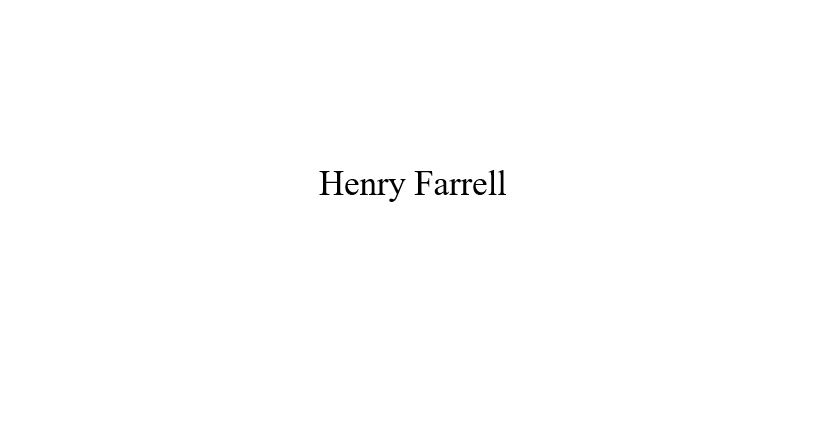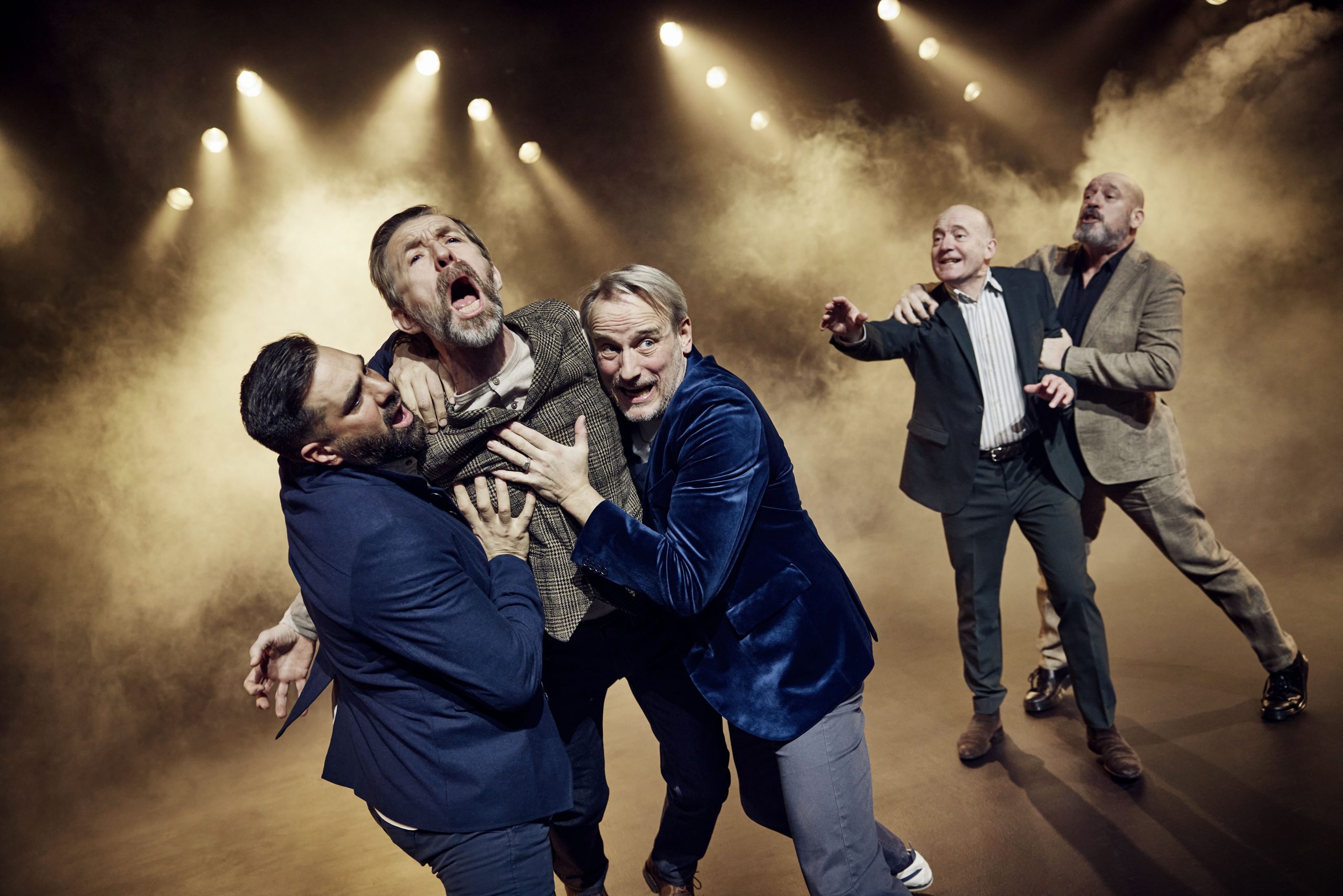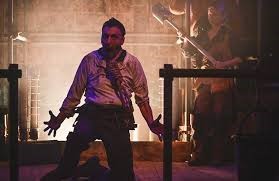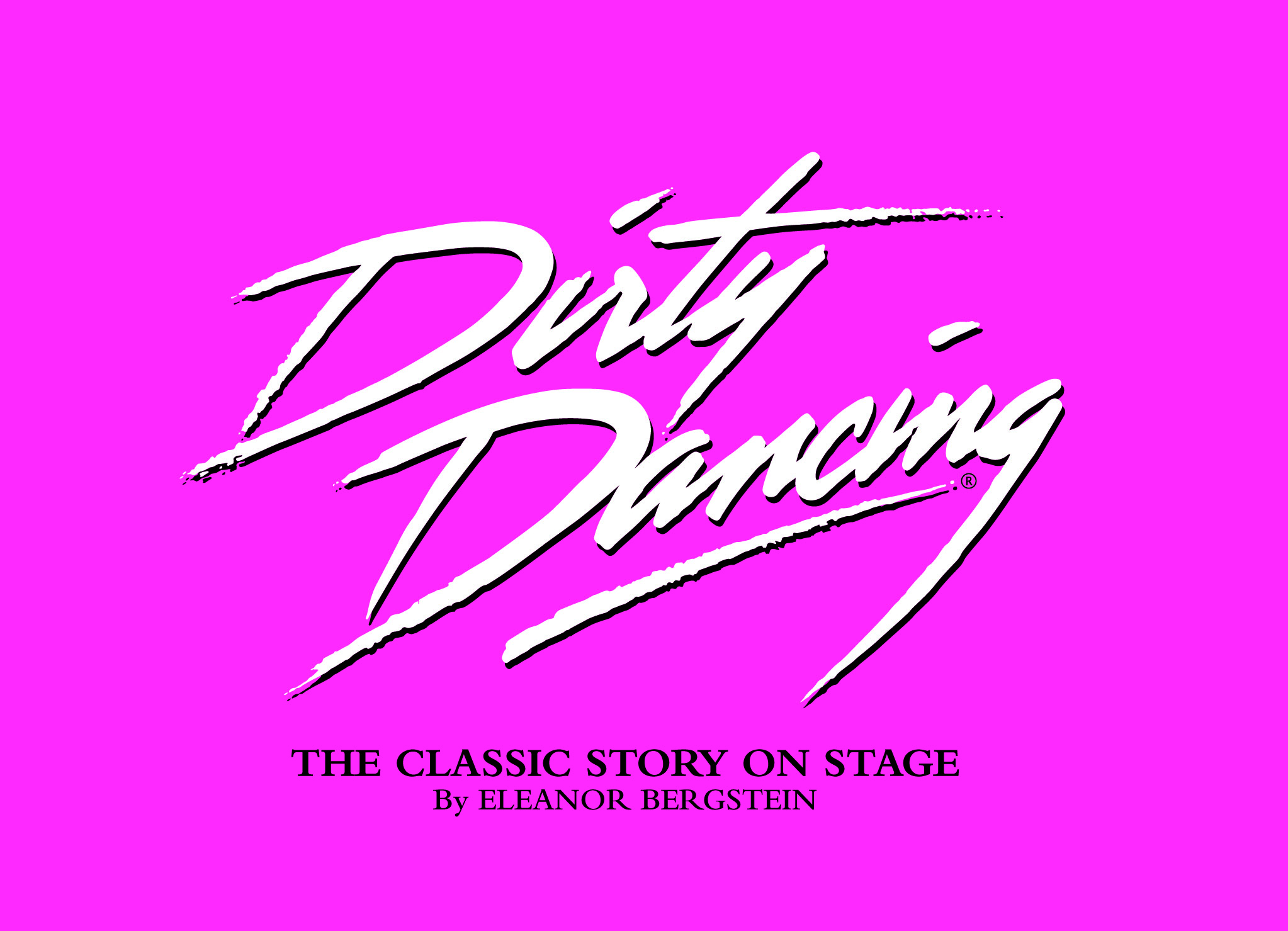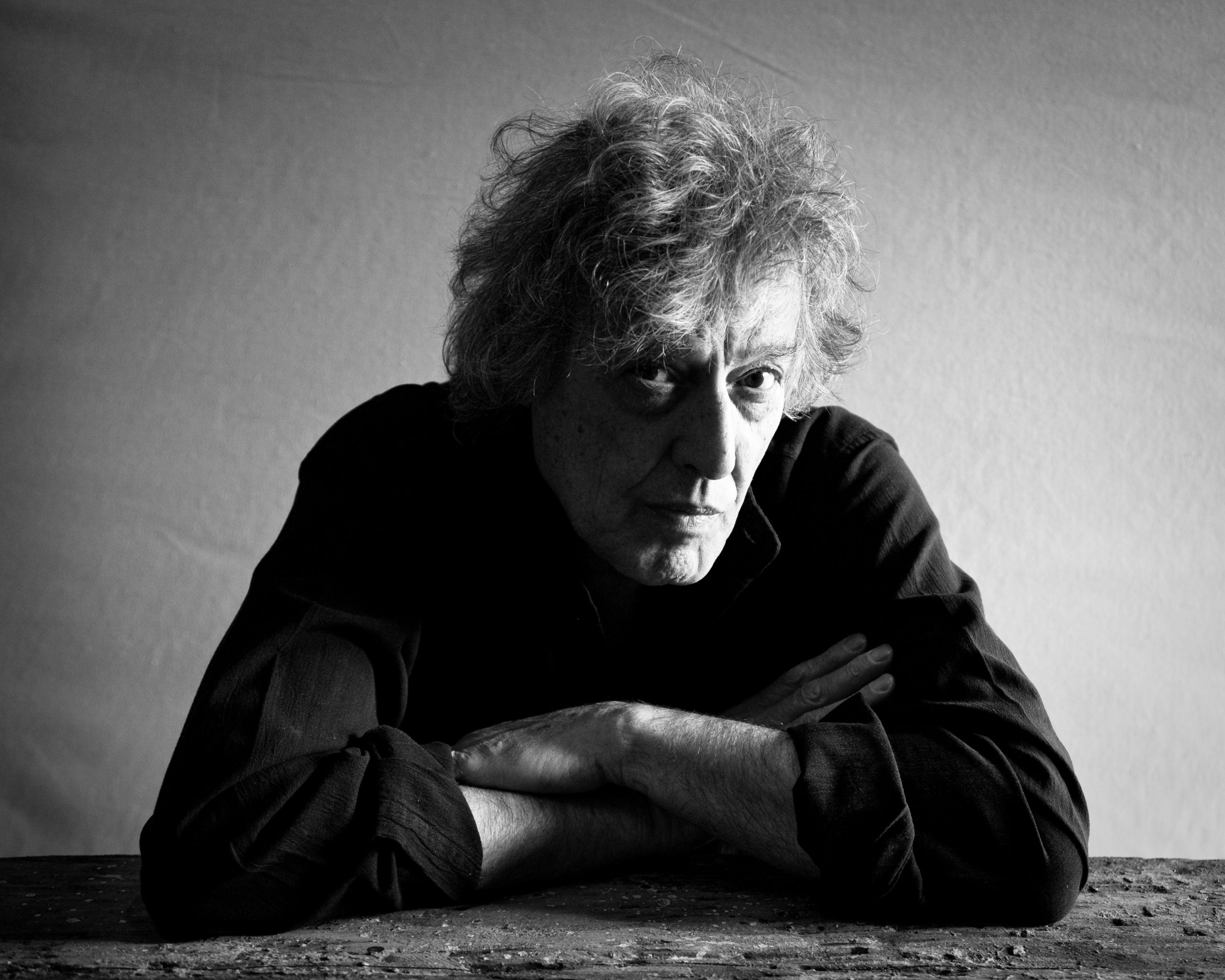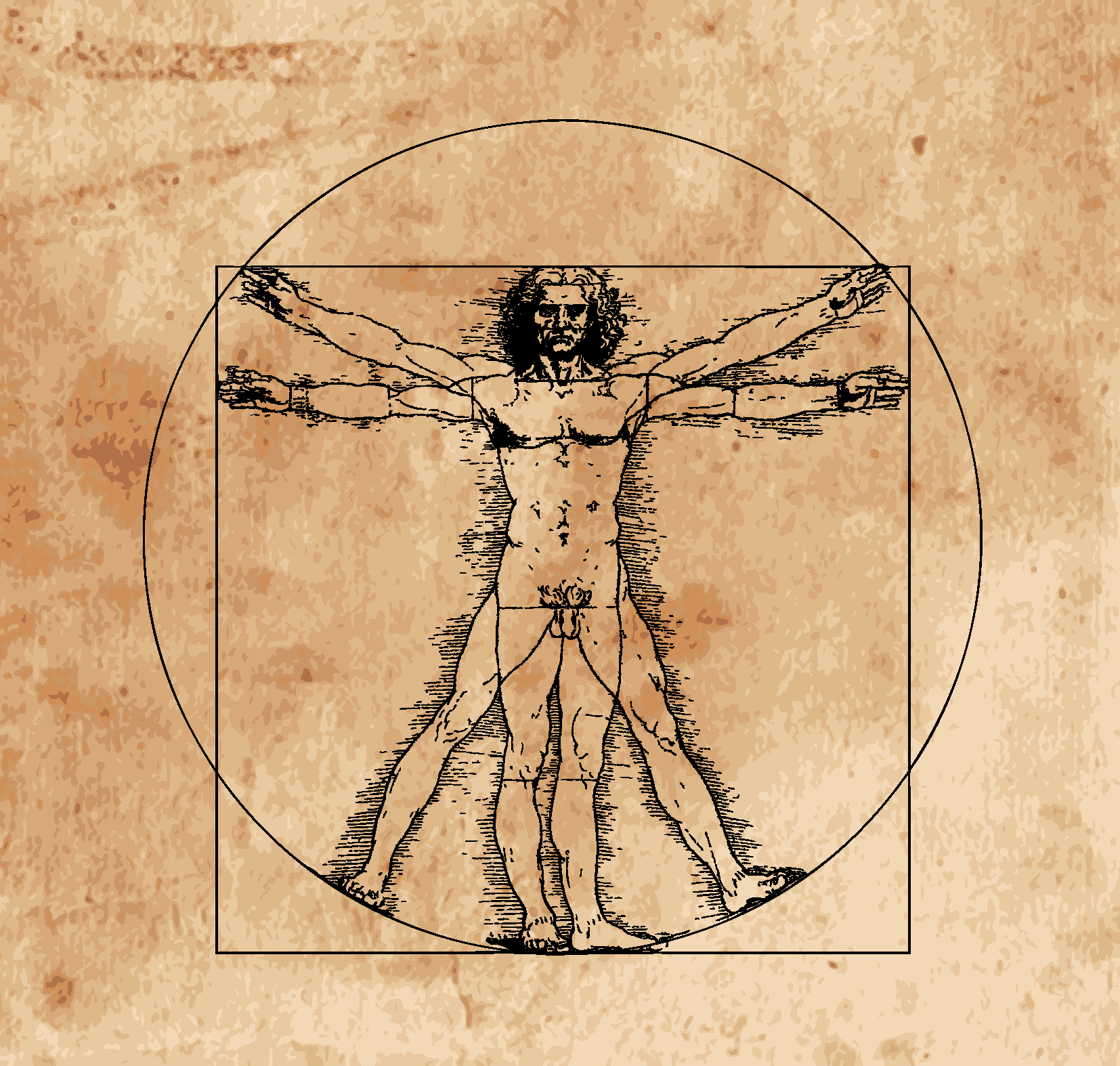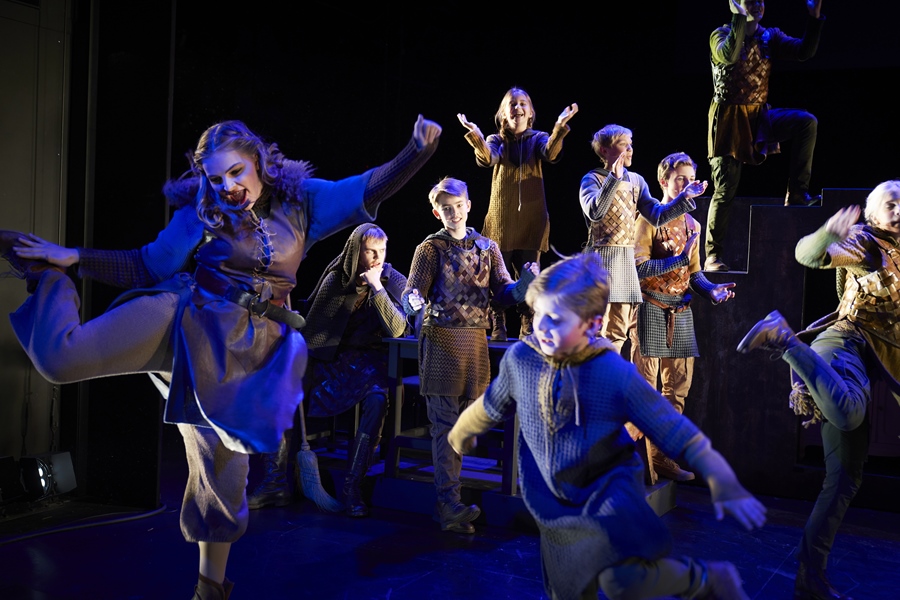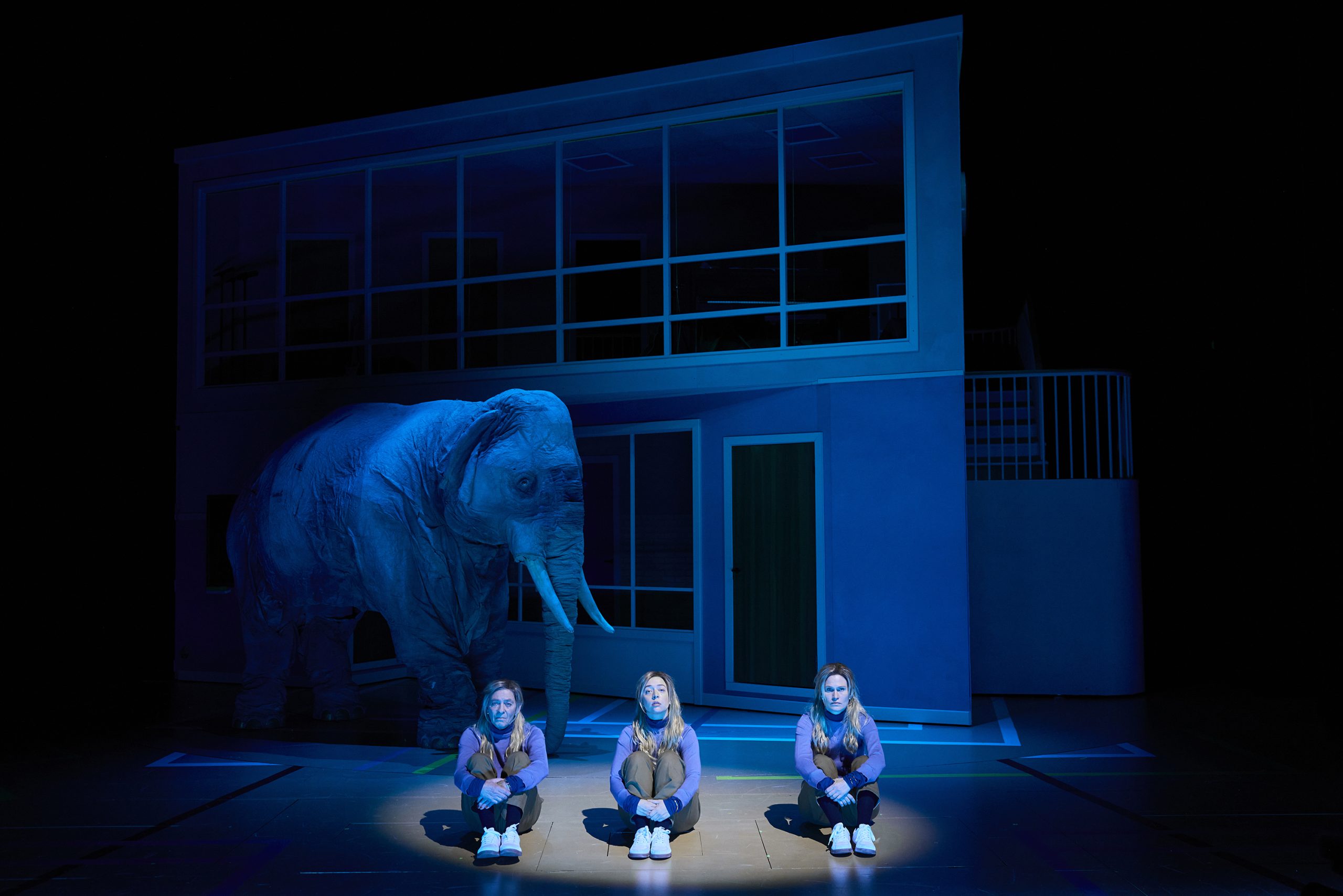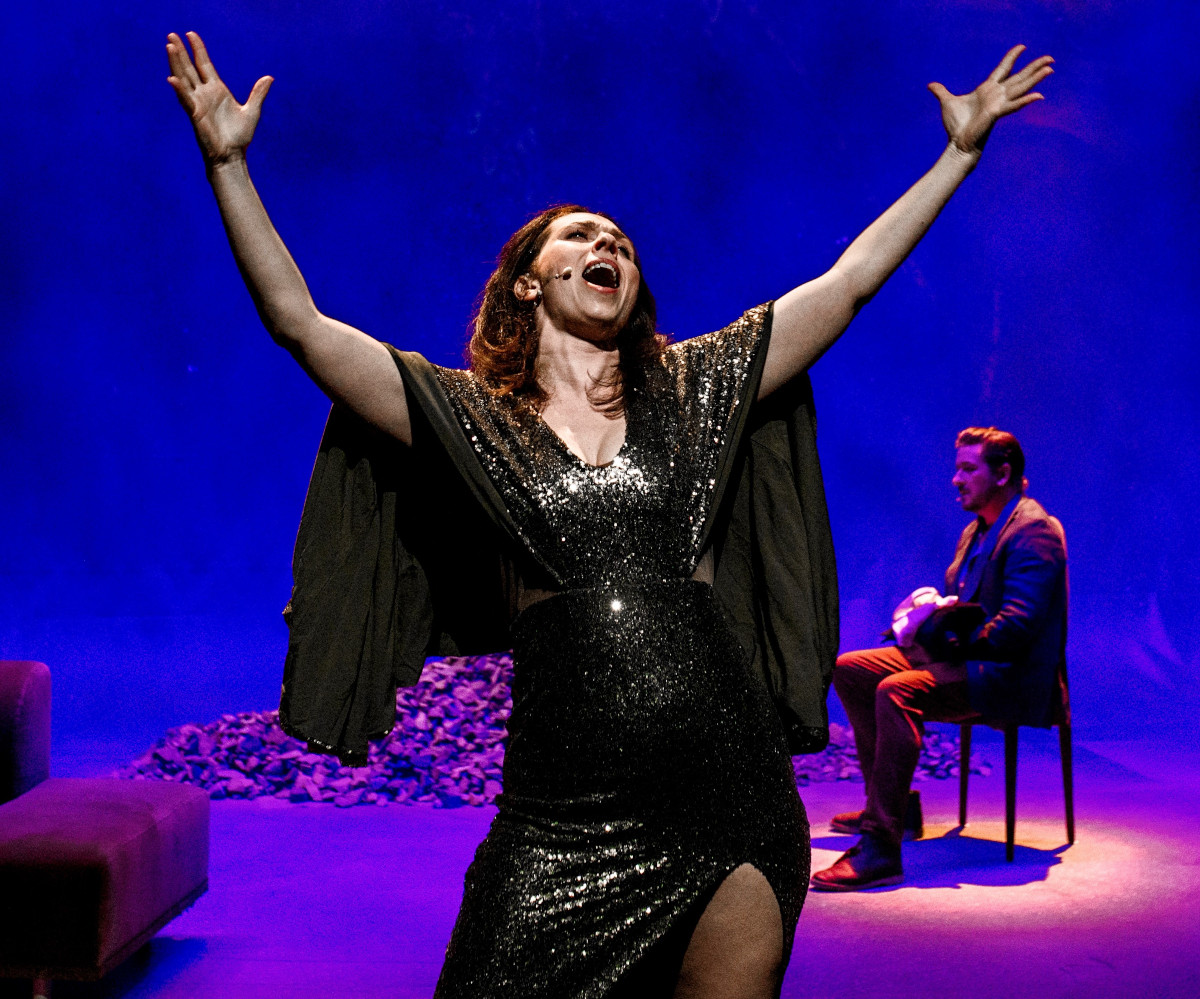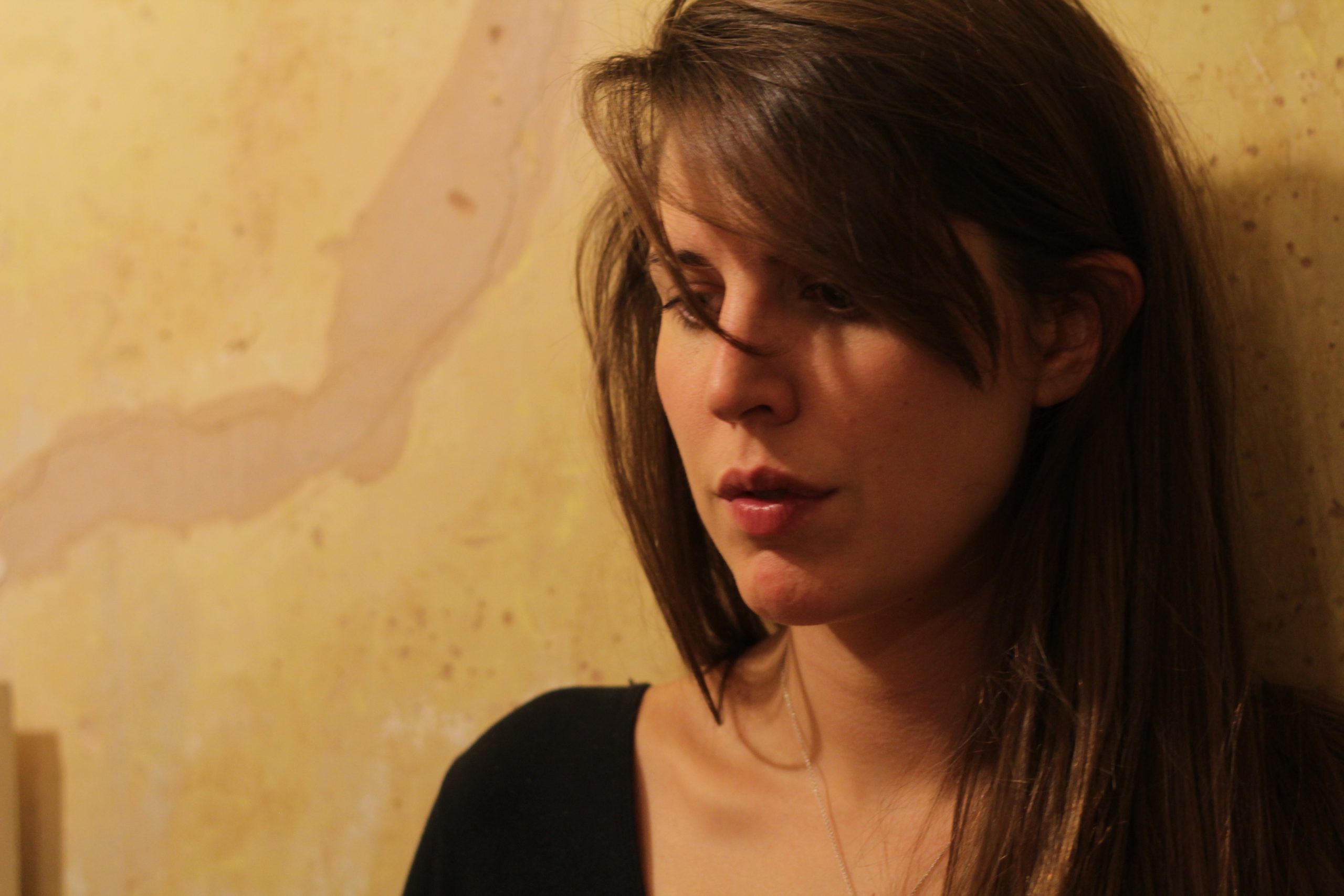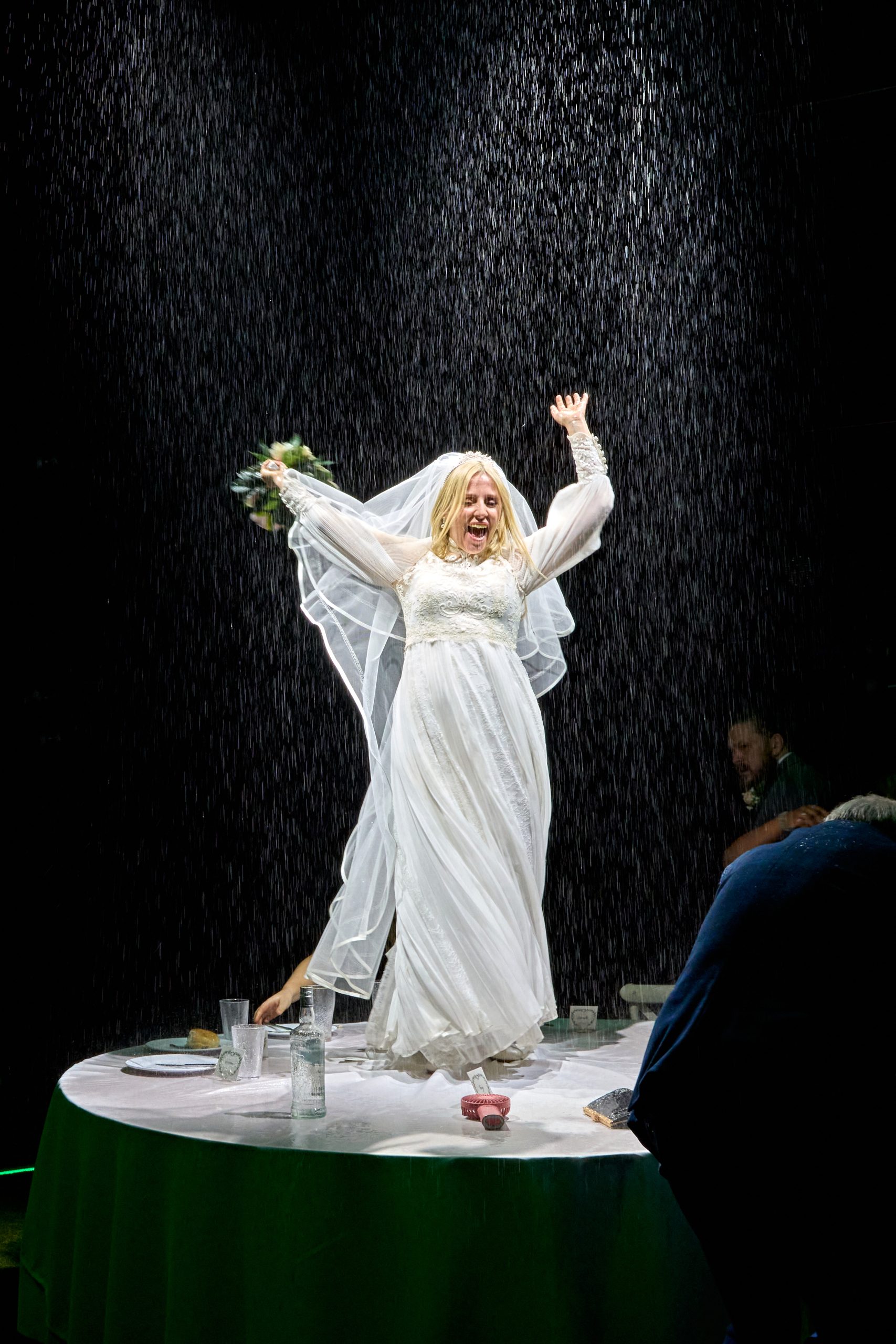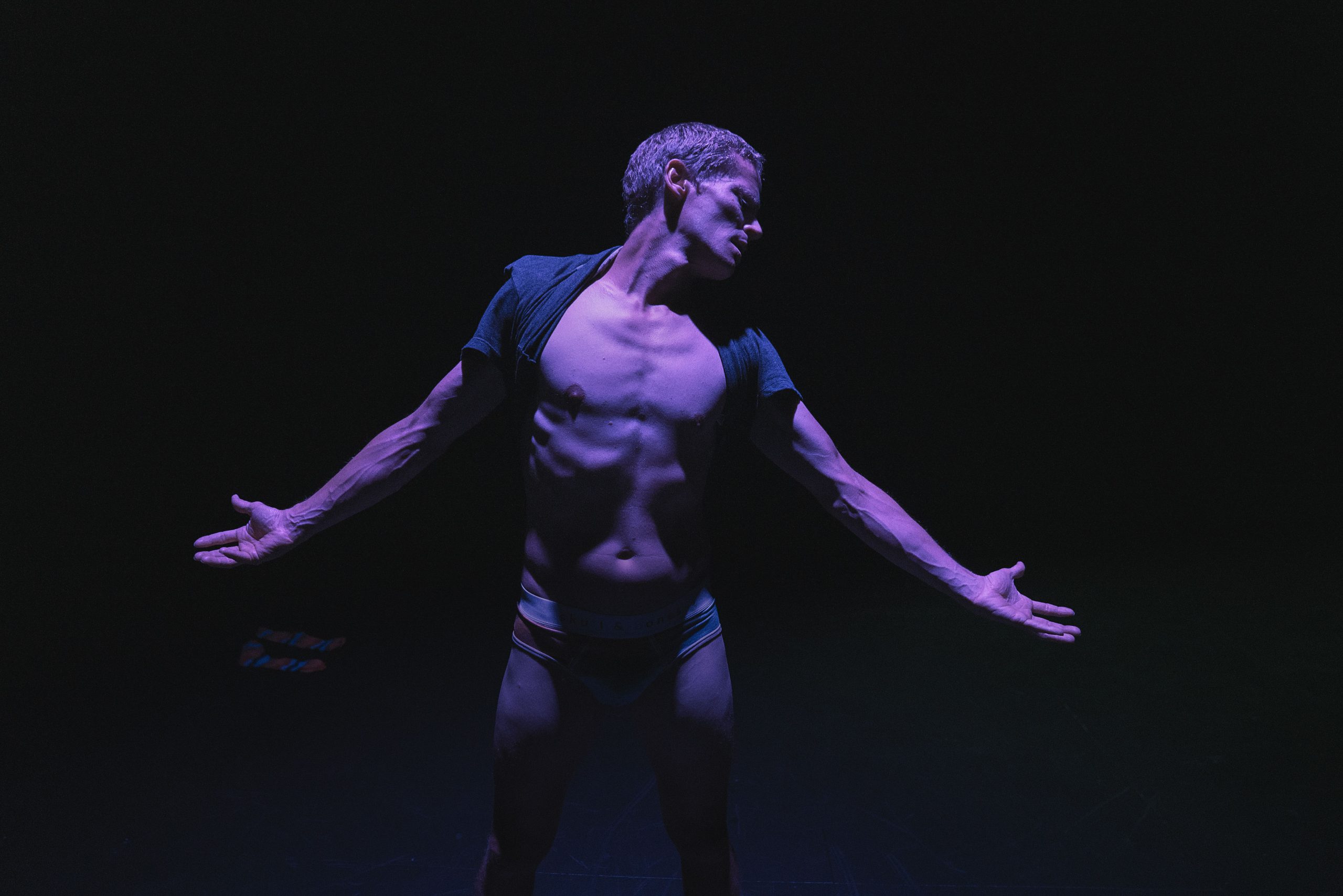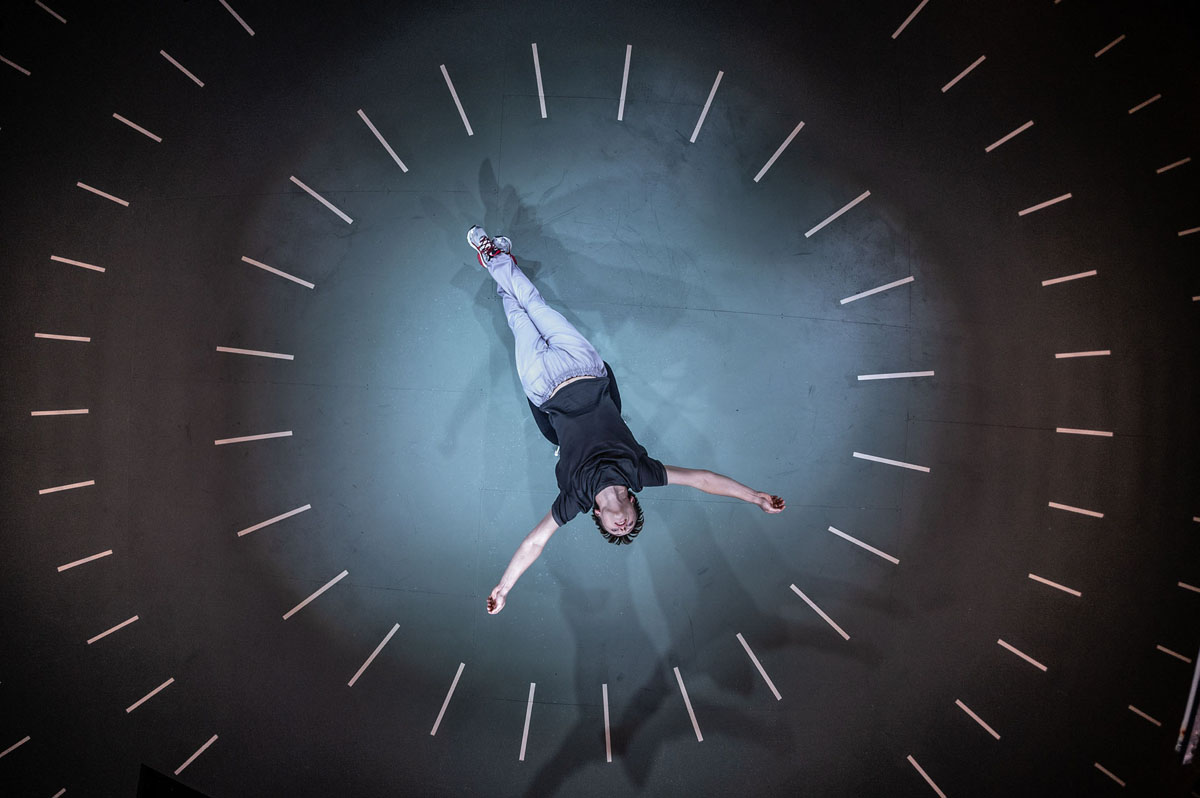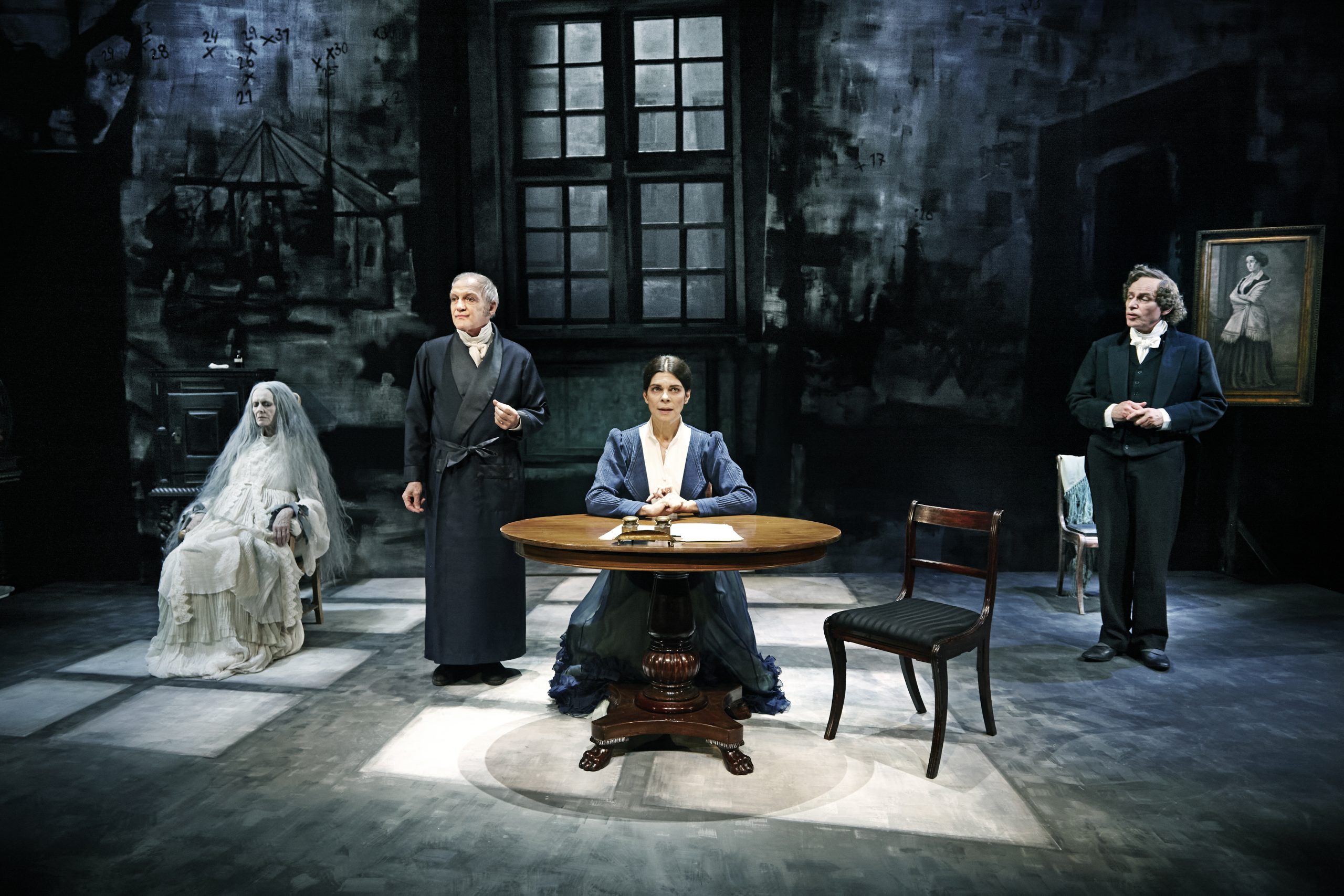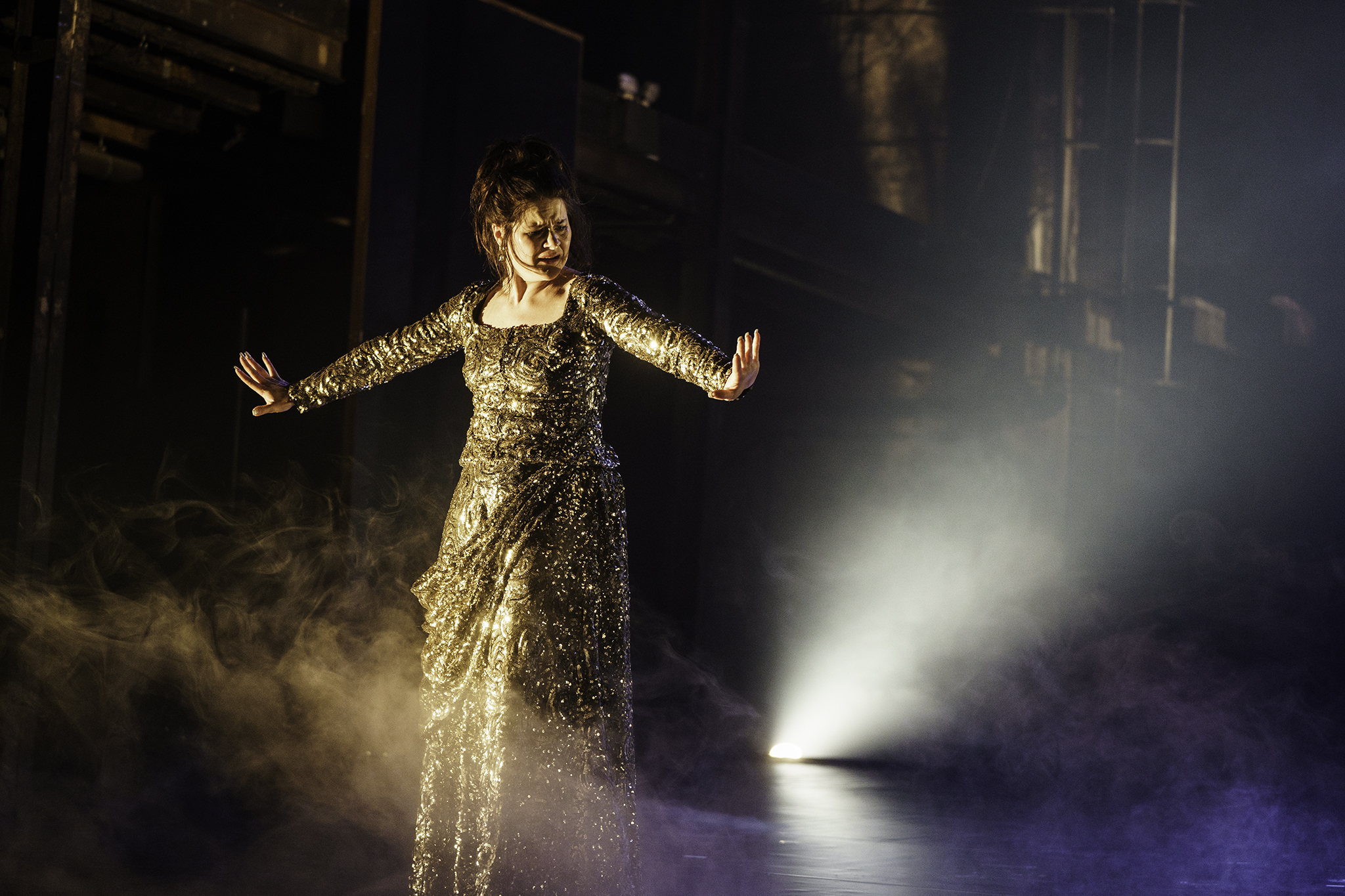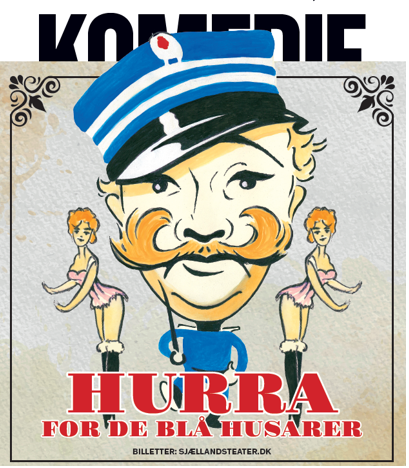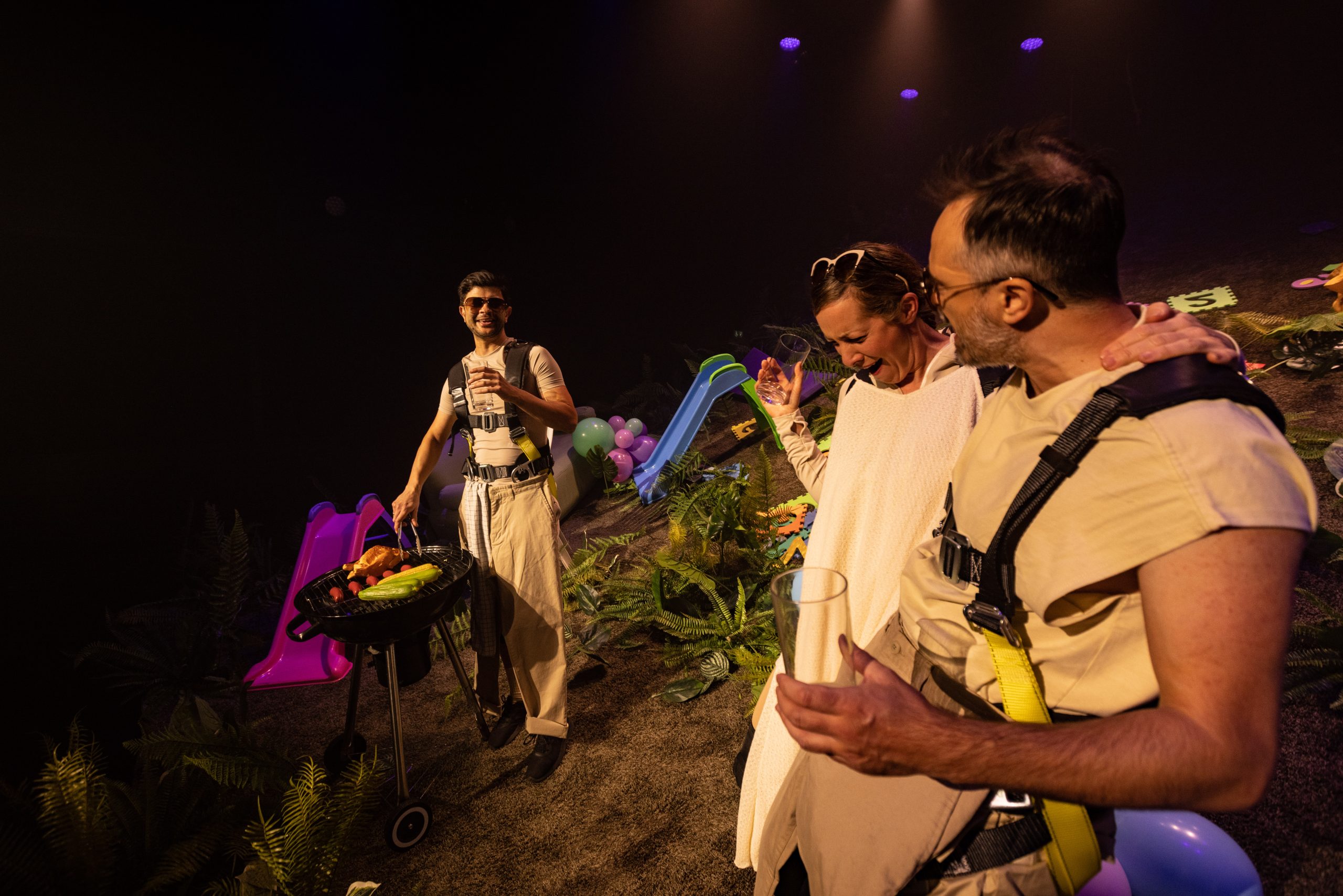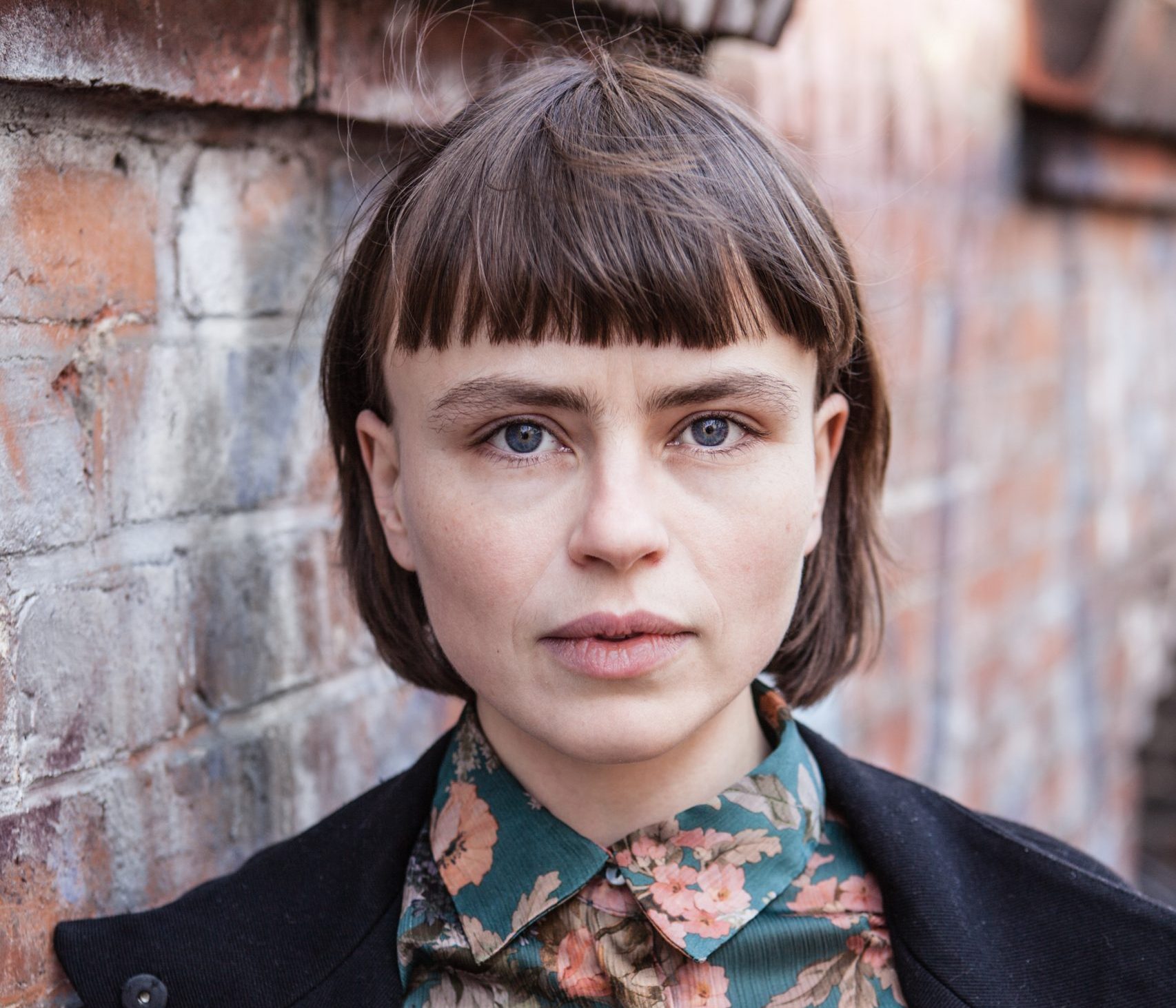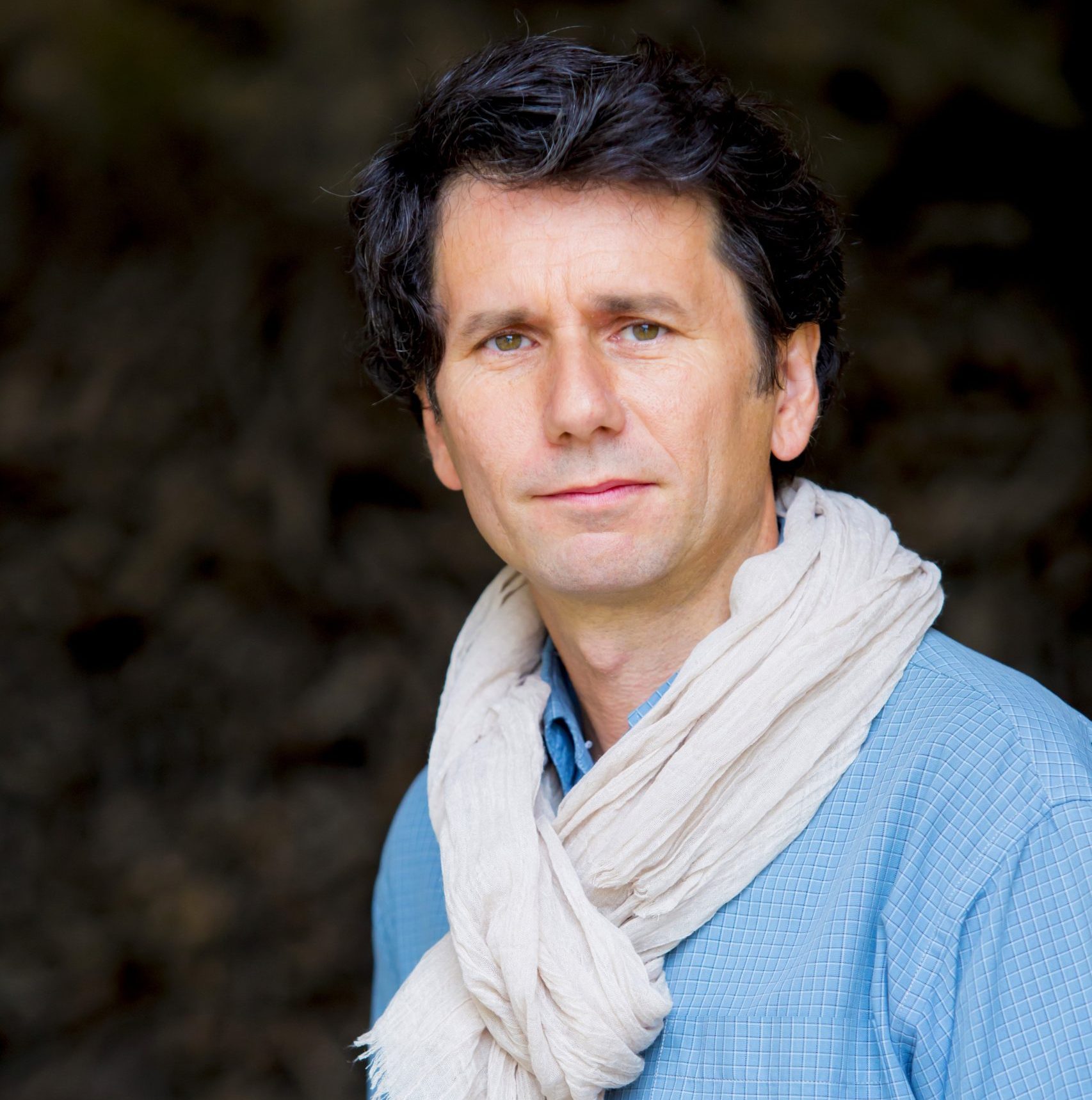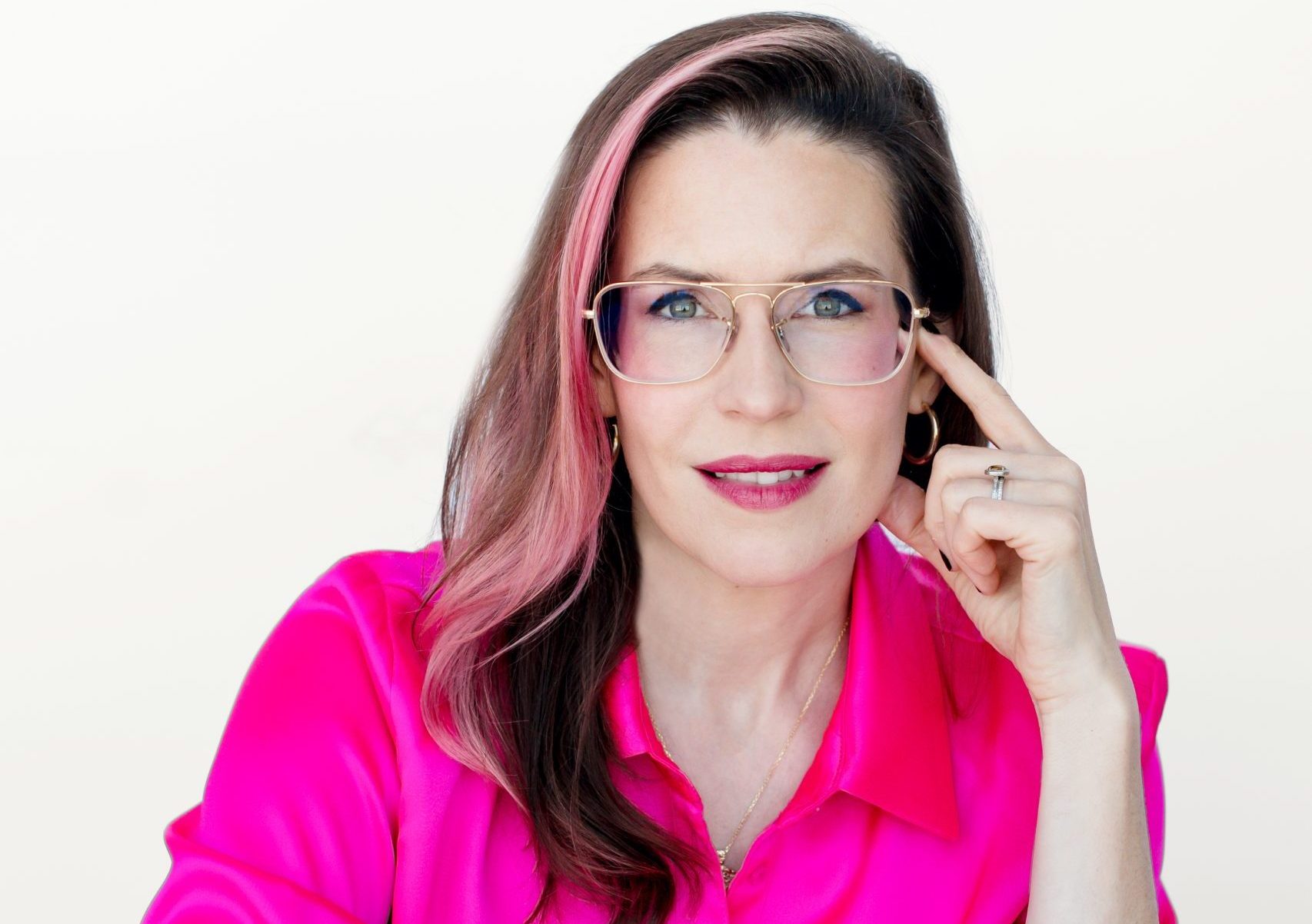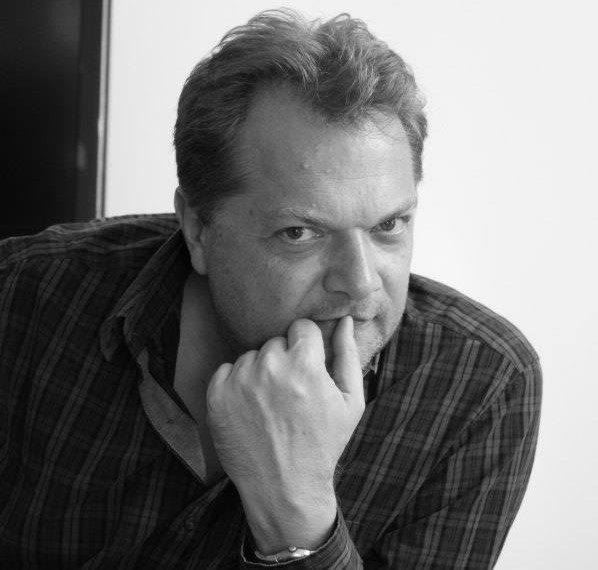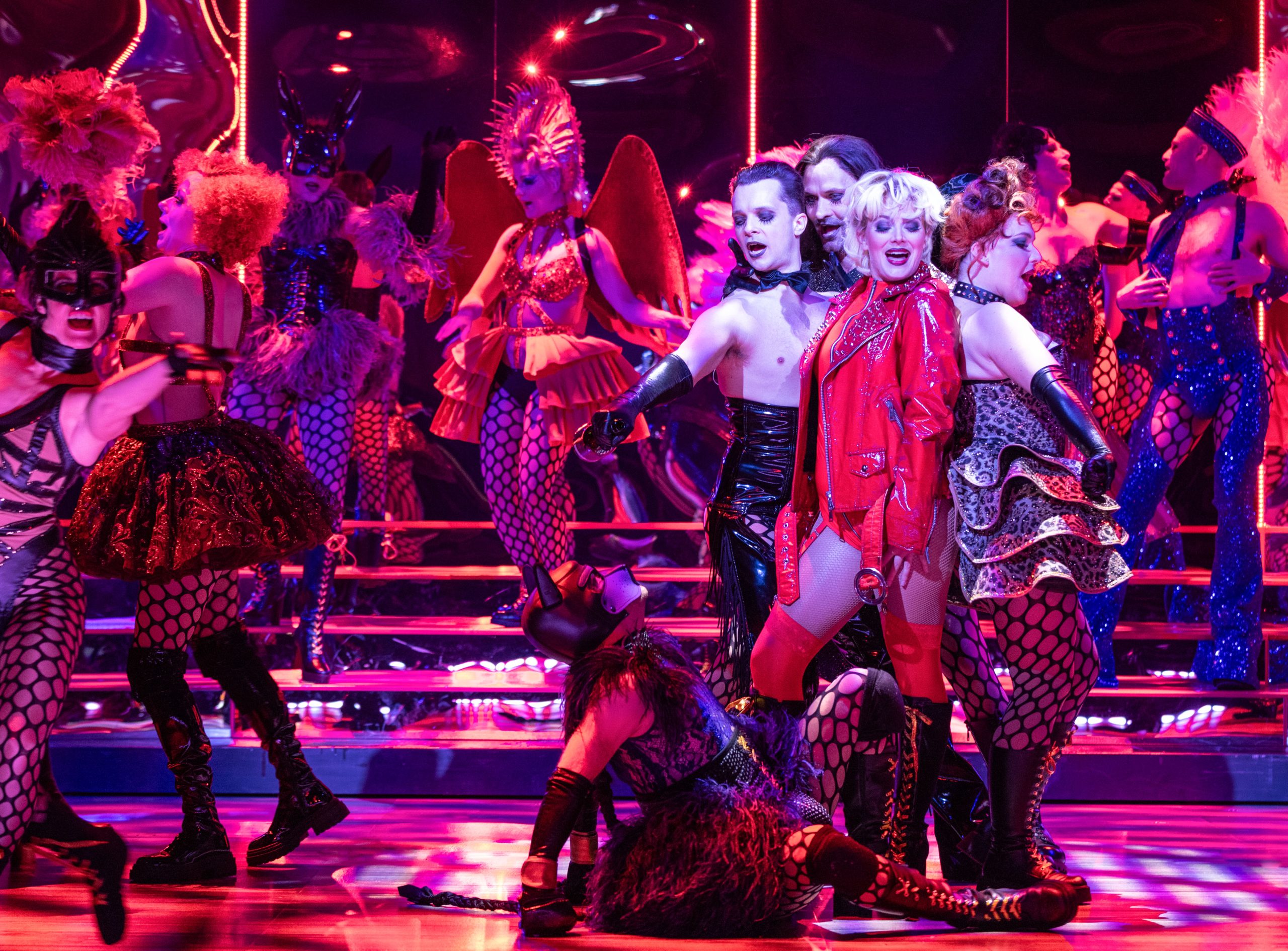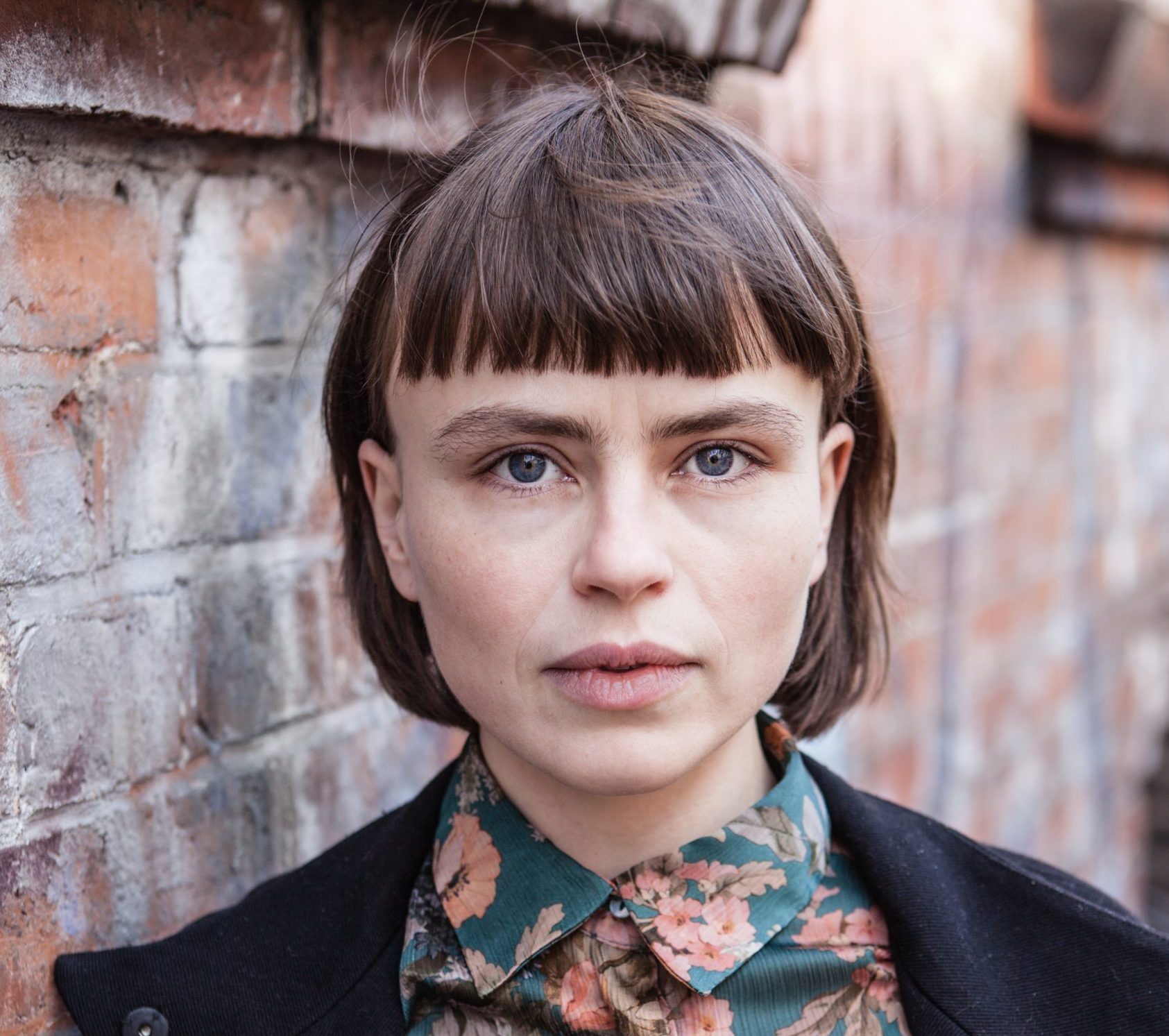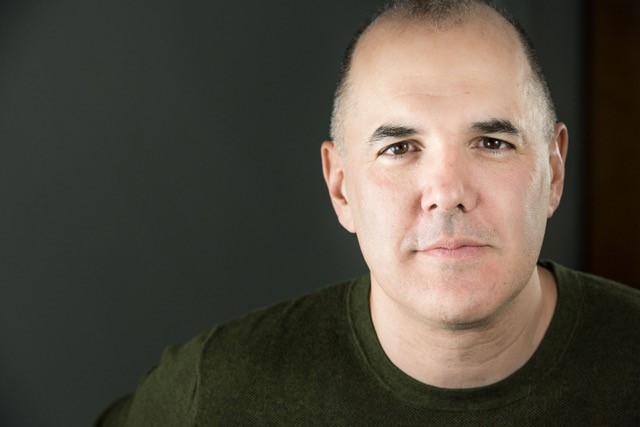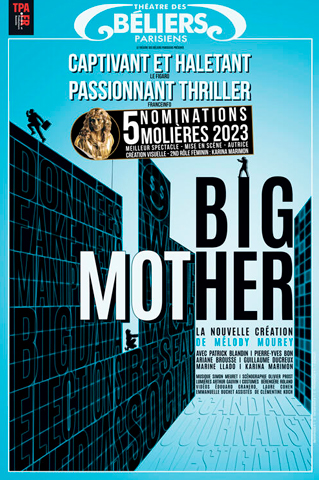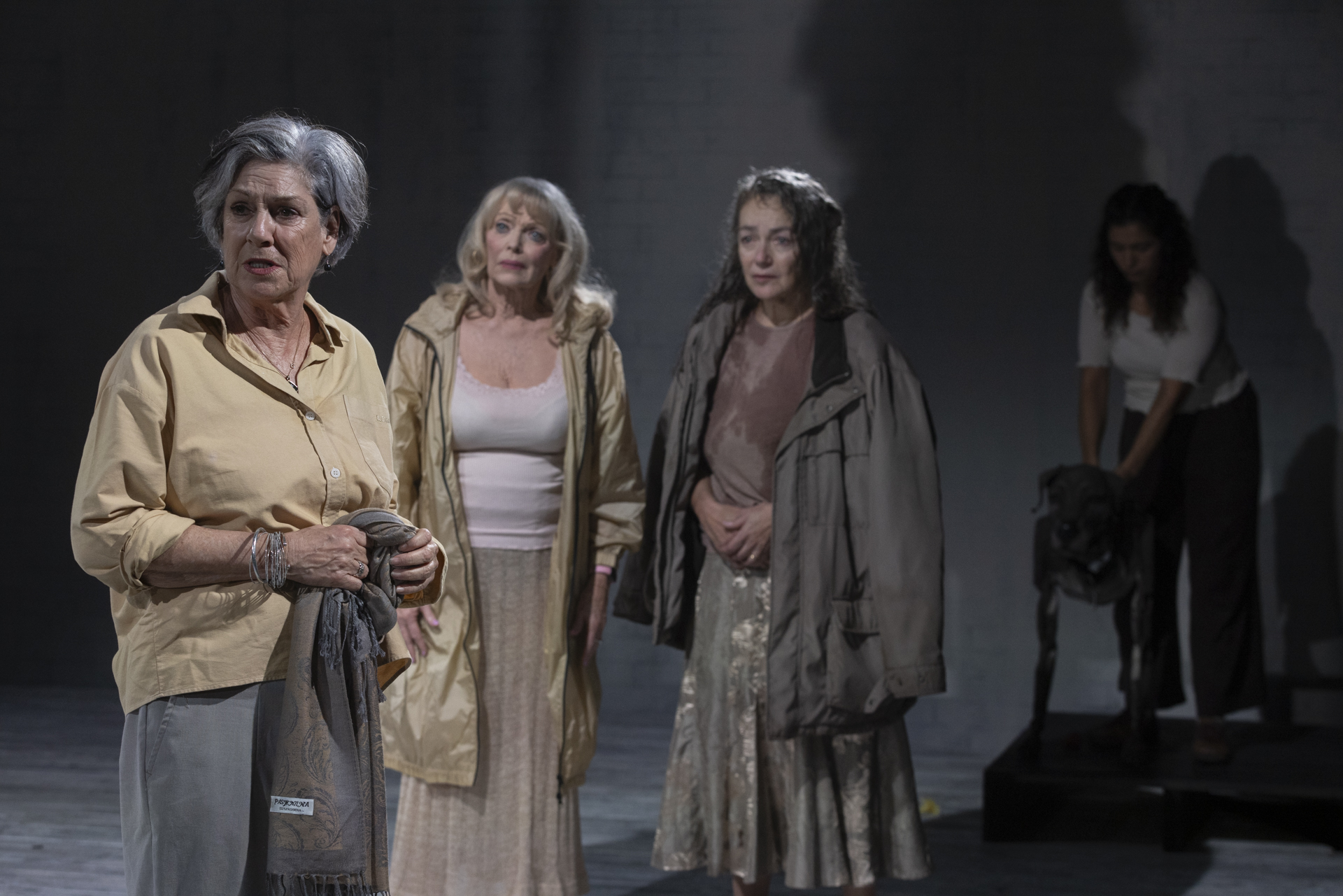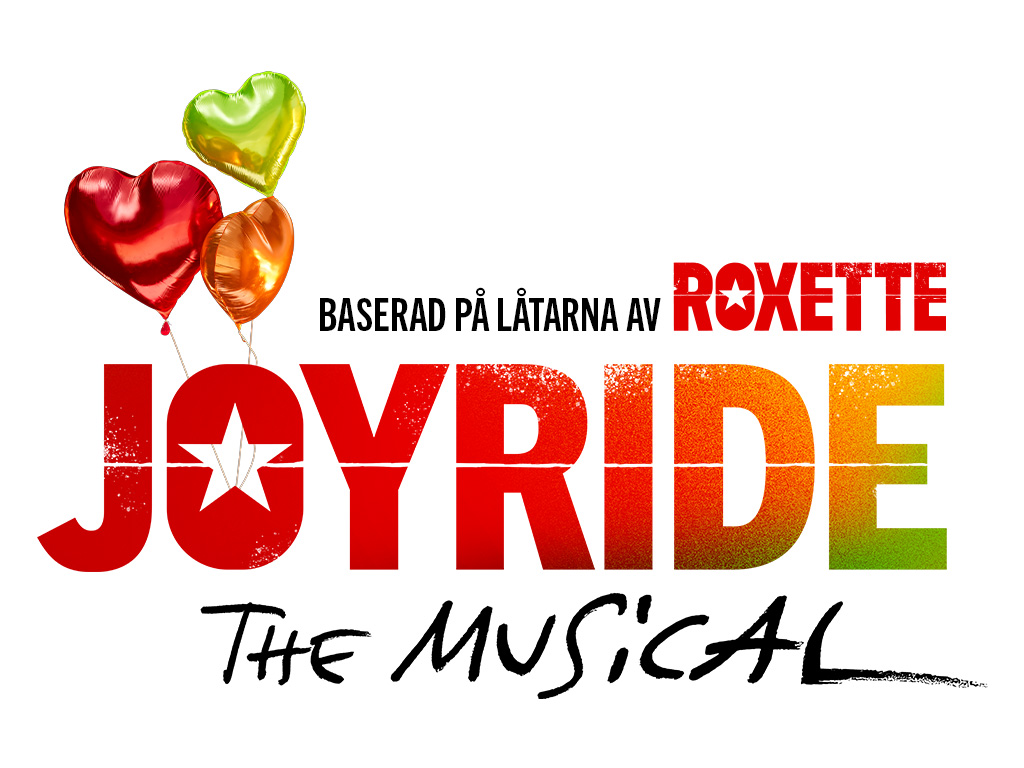Rodney Ackland stopped writing for several years after The Pink Room in 1951, which was the first version of Absolute Hell. It opened to such cruelly damning press notices that it closed after a handful of performances and Ackland's confidence as a writer was shattered. He dared to suggest that during the second world war there were men and women who were not heroes, doing their bit for victory, but rather who had spent the war drowning out reality in seedy drinking clubs. It was described as ""a libel on the British people"". The nation still wanted to be proud of itself and its victory. It did not want to be reminded of any truth about itself. And the play was Chekhovian: It had a very large number of characters and no recognisable plot. And perhaps the most serious crime of all - it ridiculed the character of an elderly literary critic!
By the time Ackland rewrote The Pink Room in 1987, not only had tastes changed, but the Lord Chamberlain's censorship had gone as well. In the original version Ackland had had to disguise the numerous homosexual relationships, do without the bad language that even in the 1940s was a normal part of bohemian speech, and make the sexual content of the play much milder. So the original was an emasculated, even bastardised version of the play he really wanted to write. The central character, Hugh Marriner, in the original had a self-righteous wife. In Absolute Hell he has a long-standing male lover. Whether that was one of its problems is uncertain, but most likely in 1951 Absolute Hell would have caused even greater outrage than The Pink Room.
The play is set in a seedy run-down back-street-of-the-West-End drinking club (""La Vie en Rose"") in the summer of 1945. It is peopled with bohemians, artists, misfits and loonies, characters who come there to get drunk, but largely for companionship and above all to shut out the reality of their lives. This they try to do in various ways, but mostly through drink and sex. There isn't really a main plot, except perhaps that the club eventually falls down and has to close. What the play is really about is the individual lives of the characters, their despair and loneliness, set against the end of the war and the Labour election victory, which promised so much hope in the world outside the club.
But the characters are absolutely marvellous. They come to life with all the joy, pain, disgust, humanity and humour that is characteristic of Chekhov. And yet the play has more bite, it is closer to people we actually know and recognise. To see the play is to have a truly life-enriching experience: It gives us what we really go to the theatre for.



